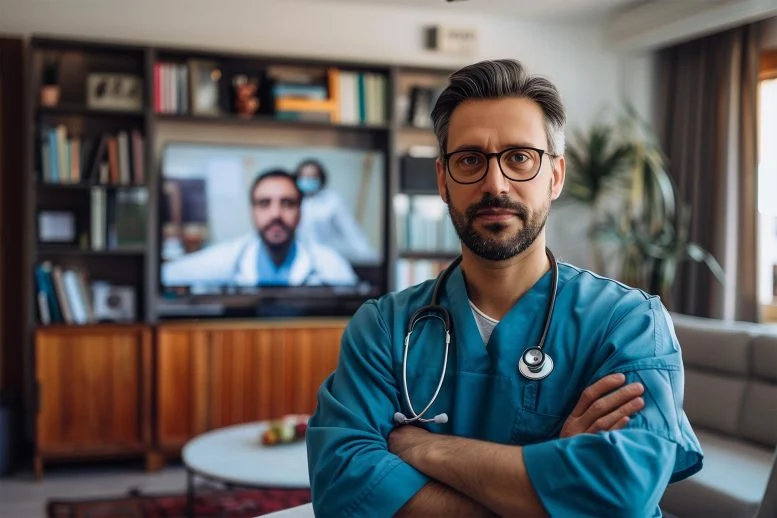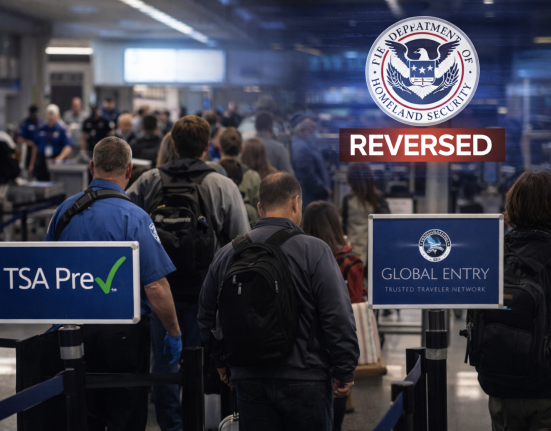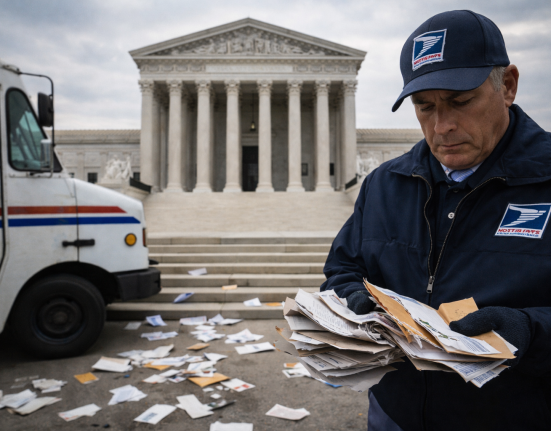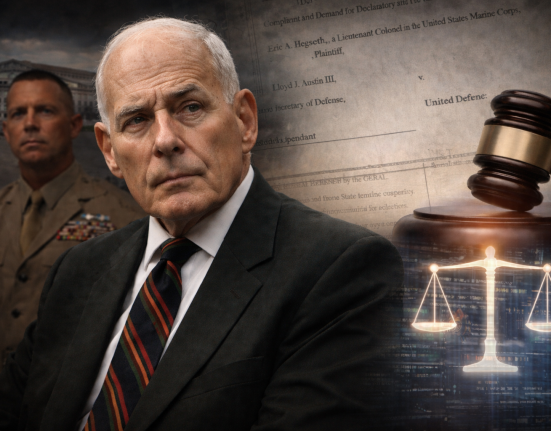Quebec doctors have issued urgent warnings about a surge of AI-generated deepfake videos that use their likeness to promote dubious health advice and products. These videos—circulating across social media and messaging apps—falsely portray real medical professionals giving endorsements or treatment suggestions, often linked to unverified supplements or medications. Physicians emphasized that these deepfake scams are unauthorized, misleading, and pose risks to public health trust. (turn0search4, turn0search5)
Key Points
- Targeting trusted professionals: AI videos replicate the voices and faces of real Quebec physicians, creating the impression they endorse certain health products—without their knowledge or consent. (turn0search4, turn0search7)
- Dangerous misinformation: The fake endorsements often advertise medical products or treatments that are not approved or may be ineffective—raising concerns about harming vulnerable patients.
- Emerging trend: Deepfake scams targeting individuals and businesses have surged globally. Canada has seen increasing cases of financial fraud and impersonation, even in corporate and legal sectors. (turn0search8)
- Call for vigilance: Physicians urged the public to verify sources, avoid sharing videos that appear unsourced or too slickly produced, and report suspicious content. Medical associations are reviewing policy measures to deter such misuse.
Implications & Future Outlook
- Threat to medical credibility and consent
These scams erode public trust in healthcare messaging. Viewers may begin questioning the authenticity of video-based medical communications. - Regulatory and legal response needed
Patient advocacy, federal health agencies, and cybersecurity regulators may push for legislation requiring verification labels, watermarking, or legal action against misuse of personal likeness. - Broader rise in deepfake misuse
Financial institutions and media companies cite cases where deepfake audio or video led to large-scale fraud, including impersonation of executives or public figures. Experts expect similar misuse across healthcare, corporate, and political domains. (turn0search8) - Urgency for public education
Authorities must advance literacy around deepfake detection—helping consumers spot glitches in audio, inconsistent lighting, mismatched facial features, or inaccurate claims. - Technical innovation and defense
Organizations may deploy AI tools to detect deepfake content, while platforms like social media might enforce stricter filtering and authentication for videos purporting to feature real individuals.
Summary at a Glance
- Quebec physicians are being deepfaked in fraudulent videos promoting unverified medical advice.
- Videos misuse their likeness without consent, raising public safety concerns.
- The trend highlights an emerging need for regulation, education, and defensive technology to protect trust in professional communication.








Leave feedback about this
You must be logged in to post a comment.